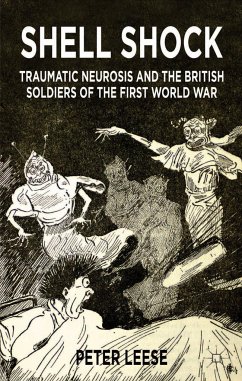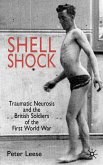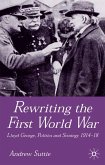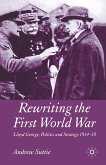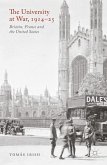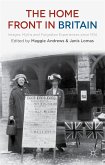To the British soldiers of the Great War who heard about it, 'shell shock' was uncanny, amusing and sad. To those who experienced it, the condition was shameful, unjustly stigmatized and life-changing. The first full-length study of the British 'shell shocked' soldiers of the Great War combines social and medical history to investigate the experience of psychological casualties on the Western Front, in hospitals, and through their postwar lives. It also investigates the condition's origin and consequences within British culture.
'One of the crucial and most moving episodes of twentieth century British history has now found its worthy historian. Peter Leese writes the story of shell shock with expertise and flair, with critical detachment and compassion. Avoiding judgementalism, he brings out the full enormity of this tragic story.' - Professor Roy Porter, Wellcome Trust Centre for the History of Medicine
'The book fills a glaring gap in our historical knowledge.' - Mark Micale, Associate Professor of History, University of Illinois
'Shell shock was born as a condition in 1915 but has grown to become a metaphor for the horrors of total war. Leese tells the story of that evolution with learning, sympathy and a shrewd sense of the way medical history can illuminate our understanding of the violent twentieth-century as a whole.' - Professor Jay Winter, Department of History, Yale University
'...a powerful and authoritative study of the war's mental legacy.' - Ben Shephard, Times Literary Supplement
'Those willing to pay attention, however, will be rewarded by this first full-length treatment of Britain's 'shell-shock' experience.' - Maureen T. Moore, Journal of Military History
'...an interesting contribution both to medical history and to the continuing debate about...WWI. - T.L. Crosby, Choice
'The book fills a glaring gap in our historical knowledge.' - Mark Micale, Associate Professor of History, University of Illinois
'Shell shock was born as a condition in 1915 but has grown to become a metaphor for the horrors of total war. Leese tells the story of that evolution with learning, sympathy and a shrewd sense of the way medical history can illuminate our understanding of the violent twentieth-century as a whole.' - Professor Jay Winter, Department of History, Yale University
'...a powerful and authoritative study of the war's mental legacy.' - Ben Shephard, Times Literary Supplement
'Those willing to pay attention, however, will be rewarded by this first full-length treatment of Britain's 'shell-shock' experience.' - Maureen T. Moore, Journal of Military History
'...an interesting contribution both to medical history and to the continuing debate about...WWI. - T.L. Crosby, Choice

